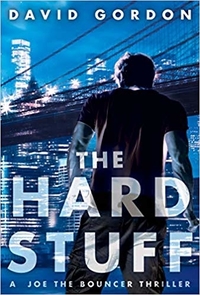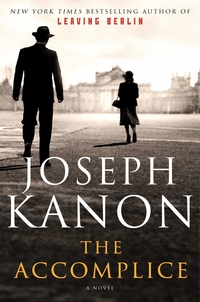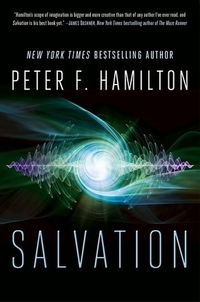The Hard Stuff by David Gordon
 Friday, November 8, 2019 at 3:07AM
Friday, November 8, 2019 at 3:07AM 
Published by Grove Atlantic/Mysterious Press on July 2, 2019
This is the second book to feature Joe Brody, following The Bouncer. The story begins with Joe helping his boss, Gio Caprisi, clean up a loose ends from the first novel, a cleaning job that leaves a trail of dead bodies (not Joe’s fault, really). That chapter recaps the first novel so The Hard Stuff can easily be read as a standalone. I nevertheless recommend reading The Bouncer first, because it is — like The Hard Stuff — a fun book.
Joe’s efforts in the early pages invite the attention of an attractive FBI agent named Donna, who can’t decide whether to arrest Joe or take him to bed. She was in the same quandary by the end of The Bouncer. Joe knows what he wants to do, but since a hookup seems unlikely, he instead goes to bed with his Russian friend Yalena, another returning character from the first book. Yalena cracks safes and, like Joe, has a talent for killing people. Odd, then, that they are both such likable characters.
The plot, as in the first novel, has Joe thwarting terrorists. He has to do something redemptive, after all, or readers might not want to give him their time. The terrorists have come to the US to sell a large quantity of drugs that they stole overseas. They want to be paid in diamonds. That doesn’t make much sense, but never mind. The book is fun; it doesn’t need to make sense.
Joe’s mission is to steal a bunch of diamonds, use them to buy the drugs, then steal back the diamonds, all to thwart the terrorists. It might be easier just to steal the drugs and/or kill the terrorists, but that wouldn’t be as entertaining.
Crime fans always enjoy a well-planned jewel heist. That caper is followed by various armed confrontations, chase scenes, fights, and light-hearted mayhem. Joe’s relationships with Yalena and Donna add a touch of sex and potential romance, while action and snappy dialog keep the story moving at a suitable pace. Collateral characters, including Joe’s mobbed-up mom and his cross-dressing boss, contribute to the fun. The two novels in this series push all the right buttons for crime fiction fans, making The Hard Stuff easy to recommend.
RECOMMENDED



